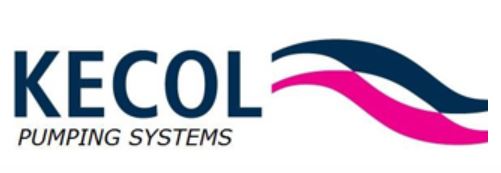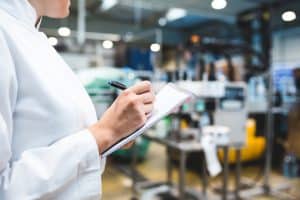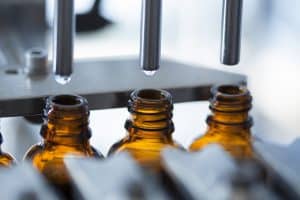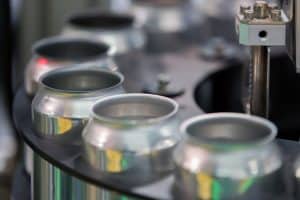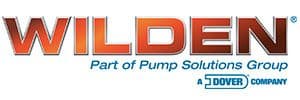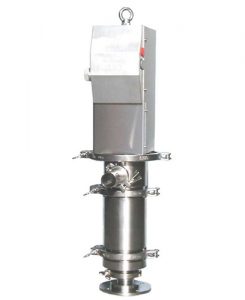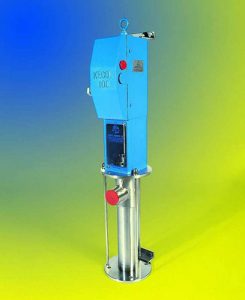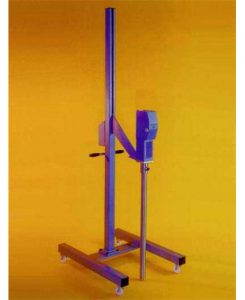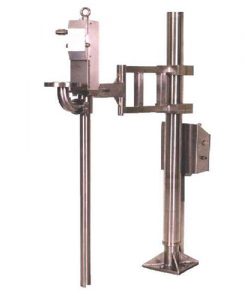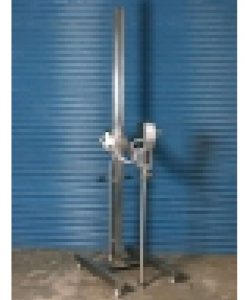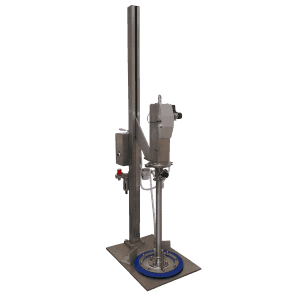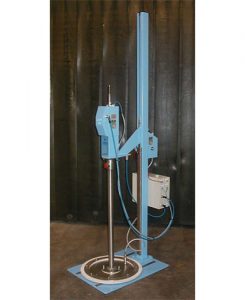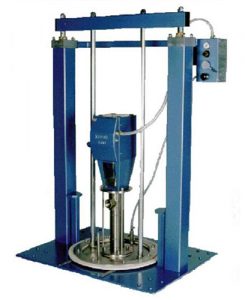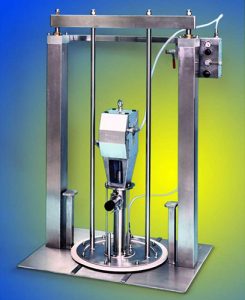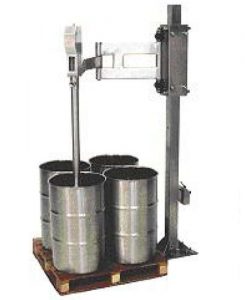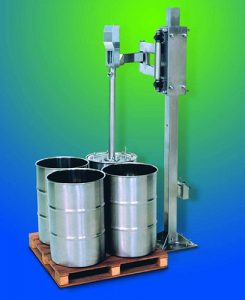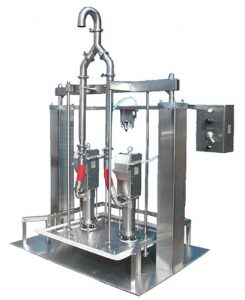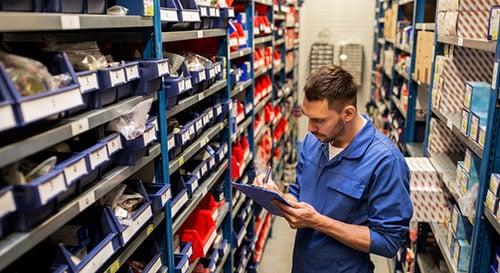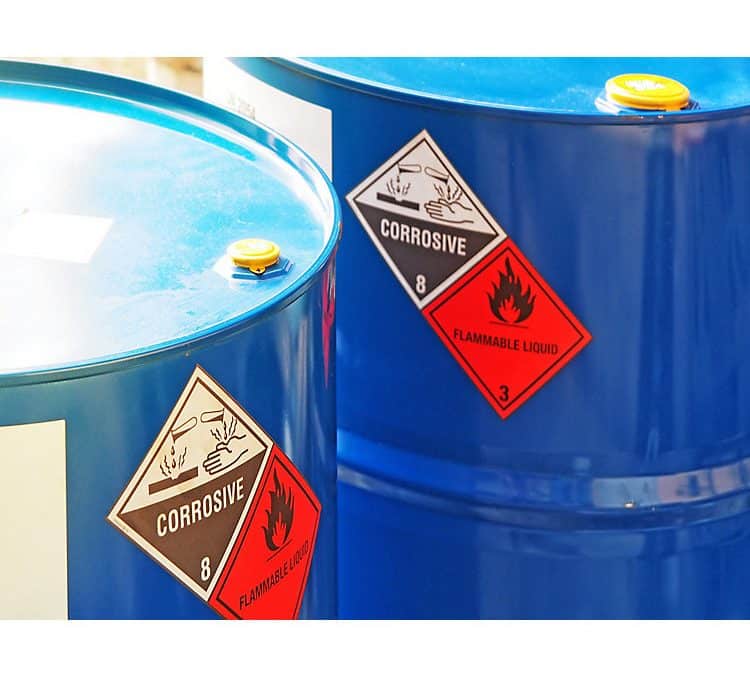Choosing the Right Chemical Transfer Pump
When corrosive fluids are involved, one of several types of pumping technologies might be appropriate for the chemical transfer.
- Drum/barrel pumps: These are ideal for transferring a wide variety of chemicals commonly used by manufacturers. The pumps effectively transfer corrosive chemicals from and between pails, drums, totes (intermediate bulk containers or IBCs) and other containers. The pumps can be powered by AC current, lithium ion batteries or air motors.
- Centrifugal pumps: Typically operated with electric motors, centrifugal pumps are available in a wide range of materials and are either mechanical sealed or seal-less magnetically coupled. This style provides smooth operation and has a wide range of flows and head capabilities.
- Air operated double diaphragm pumps: These usually operate with compressed air. They are quite versatile, capable of pumping highly abrasive slurries, sludge mixtures and viscous fluids, and are simple to operate.
- Positive displacement pumps: This type of corrosive chemical transfer pump includes gear, rotary vane and piston pumps. These models provide effective solutions for pumping high viscosity fluids and can generate high pressures.
Heavy-Duty Design
The secret to durability for a corrosive chemical transfer pump is robust construction. All pump materials that are exposed to the chemical must be appropriate for long-term exposure without degradation. This is critical for pump longevity and safe chemical transfer.
Always follow manufacturer specifications for chemical resistance as you select a corrosive chemical transfer pump. General chemical resistance guides for various materials are also available. Use these parameters as you choose a pump for each application.
Essential Applications
Corrosive fluids are used in the production of myriad products we rely on daily. Without the use of a corrosive chemical transfer pump, many of the products and processes we take for granted would not be available.
For example, water treatment plants use many powerful corrosive fluids to ensure the water is safe for consumption. Some of these chemicals improve taste, odor and appearance, while others protect against leaching of lead from older piping, adjust pH or disinfect.
Steel is also used in a wide range of items, from automobiles to appliances. During the manufacturing process, hot hydrochloric acid is used to remove rust in a pickling operation. Plating companies also use a variety of corrosive and toxic fluids during their processes.
In the food and beverage industry, manufacturers use corrosive fluids to clean and sanitize equipment.
Each of these applications, and many more, require a reliable corrosive chemical transfer pump to get the job done right. Kecol Pumping Systems Ltd manufacture pumping solutions for liquid and chemical transfer across a broad range of industries. Kecol are specialists in Food Processing Pumps, Pharmaceutical Pumps, Chemical Pumps, Cosmetic Industry Pumps, Stainless Steel Pumps, Piston Pumps, Transfer Pumps, Viscous Material Pumps, Paste Transfer Pumps, Chemical Viscous Piston Pumps, Drum Pumps, Barrel Pumps, Hygienic Pumps for the Health Industry and many more.
Visit our website for a Worldwide list of our Distributors for Supply & Installation, all made in the UK.
Yes we make Food Processing Pumping Systems to Pump:
- Honey
- Cake Batter
- Butter
- Mayonnaise
- Peanut Butter
- Fruit Concentrate
- Sauces
- Glucose
- Margarine
- Jam
- Tomato Puree
- Chopped Tomato
- Pie Fillings
- Syrup’s
- Meat Paste
- Biscuit Creams
- Caramel Products
- Fruit Pastes
- Cooking Fats
- Fondants
- Sweet Mince Meat
- Malt
